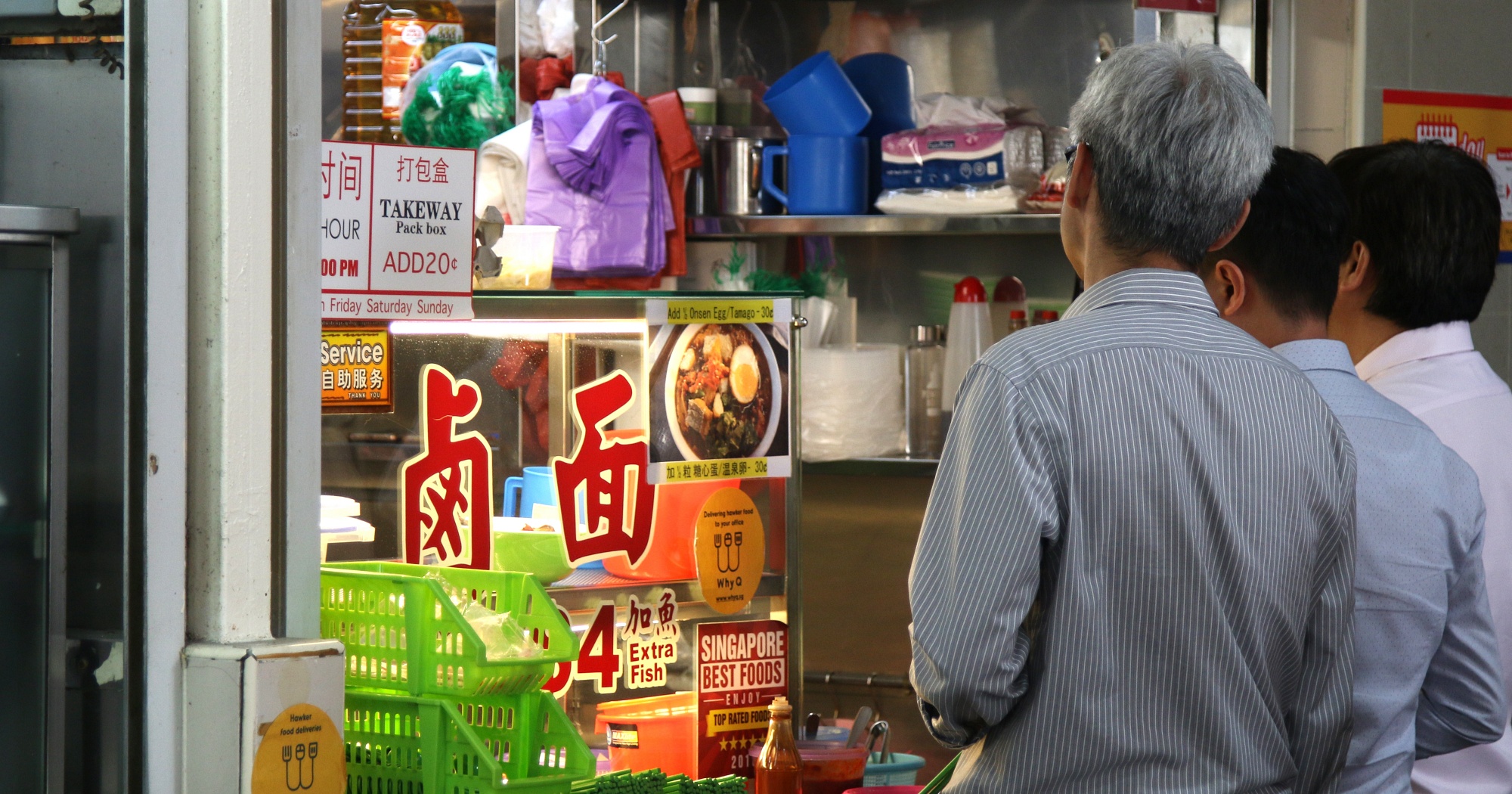- Joined
- Mar 31, 2020
- Messages
- 9,153
- Points
- 113
Budget 2021: More incentives to encourage early adoption of electric vehicles
www.channelnewsasia.com
SINGAPORE: As part of a move to further encourage the early adoption of electric vehicles, the Government will introduce more incentives to narrow the “cost differential” between electric cars and internal combustion engine cars, announced Finance Minister Heng Swee Keat in his Budget speech on Tuesday (Feb 16).
This will firstly come in the form of the lowering of the Additional Registration Fee (ARF) floor to zero for electric cars from Jan 2022 to Dec 2023, said Mr Heng, who is also Deputy Prime Minister.
The ARF is a tax paid when registering a vehicle, and is calculated based on a percentage of a vehicle’s Open Market Value – the cost of a vehicle imported into Singapore.
The move will allow mass-market electric car buyers to maximize the rebates from the EV Early Adoption Incentive (EEAI) , Mr Heng explained.
The EV Early Adoption Incentive (EEAI) allows those who buy fully electric cars and taxis to receive a rebate of up to 45 per cent on the ARF. Such a rebate is capped at S$20,000. This initiative will run all the way to Jan 31, 2023.
In addition, there will also be a revision of the road tax bands so that a mass-market electric car will have road tax comparable to an internal combustion engine equivalent, revealed Mr Heng. Further details on these plans will be provided at the Committee of Supply debates in Parliament, he noted.
This builds on the announcement in last year's Budget where a series of measures including the EEAI, were introduced as part of Singapore's vision to have all vehicles run on cleaner energy by 2040.
Late last year, it was also announced that under the enhanced Vehicular Emissions Scheme (VES), there would be an increase in rebates for cleaner vehicles, as well as increased surcharge for more pollutive vehicles. The enhanced VES will last until Dec 31, 2022.
Along with the EEAI which also began at the start of the year, buyers of new fully electric cars could save up to S$45,000, while buyers of new fully electric taxis can save as much as S$57,500.
A S$30 MILLION BOOST
Describing electric vehicles as the “most promising” clean energy vehicle technology today, Mr Heng also announced that Singapore will set aside S$30 million over the next five years for electric vehicle related initiatives. This includes measures to improve charging provision at private premises.
This move would allow Singapore to “catalyse partnership” between public and private sectors, he added.
Mr Heng also pointed out that Singapore will accelerate the development of its charging infrastructure to better support the growth of electric vehicles in the next decade.
Echoing an announcement made in Singapore’s Green Plan last week, he said that Singapore will aim to deploy 60,000 charging points at public carparks and private premises by 2030, more than double its initial target of 28,000.
“Technology is … changing the future of transport,” said Mr Heng. “While we are going car-lite, we can further reduce emissions by switching to cleaner-energy vehicles.”
www.channelnewsasia.com
SINGAPORE: As part of a move to further encourage the early adoption of electric vehicles, the Government will introduce more incentives to narrow the “cost differential” between electric cars and internal combustion engine cars, announced Finance Minister Heng Swee Keat in his Budget speech on Tuesday (Feb 16).
This will firstly come in the form of the lowering of the Additional Registration Fee (ARF) floor to zero for electric cars from Jan 2022 to Dec 2023, said Mr Heng, who is also Deputy Prime Minister.
The ARF is a tax paid when registering a vehicle, and is calculated based on a percentage of a vehicle’s Open Market Value – the cost of a vehicle imported into Singapore.
The move will allow mass-market electric car buyers to maximize the rebates from the EV Early Adoption Incentive (EEAI) , Mr Heng explained.
The EV Early Adoption Incentive (EEAI) allows those who buy fully electric cars and taxis to receive a rebate of up to 45 per cent on the ARF. Such a rebate is capped at S$20,000. This initiative will run all the way to Jan 31, 2023.
In addition, there will also be a revision of the road tax bands so that a mass-market electric car will have road tax comparable to an internal combustion engine equivalent, revealed Mr Heng. Further details on these plans will be provided at the Committee of Supply debates in Parliament, he noted.
This builds on the announcement in last year's Budget where a series of measures including the EEAI, were introduced as part of Singapore's vision to have all vehicles run on cleaner energy by 2040.
Late last year, it was also announced that under the enhanced Vehicular Emissions Scheme (VES), there would be an increase in rebates for cleaner vehicles, as well as increased surcharge for more pollutive vehicles. The enhanced VES will last until Dec 31, 2022.
Along with the EEAI which also began at the start of the year, buyers of new fully electric cars could save up to S$45,000, while buyers of new fully electric taxis can save as much as S$57,500.
A S$30 MILLION BOOST
Describing electric vehicles as the “most promising” clean energy vehicle technology today, Mr Heng also announced that Singapore will set aside S$30 million over the next five years for electric vehicle related initiatives. This includes measures to improve charging provision at private premises.
This move would allow Singapore to “catalyse partnership” between public and private sectors, he added.
Mr Heng also pointed out that Singapore will accelerate the development of its charging infrastructure to better support the growth of electric vehicles in the next decade.
Echoing an announcement made in Singapore’s Green Plan last week, he said that Singapore will aim to deploy 60,000 charging points at public carparks and private premises by 2030, more than double its initial target of 28,000.
“Technology is … changing the future of transport,” said Mr Heng. “While we are going car-lite, we can further reduce emissions by switching to cleaner-energy vehicles.”







